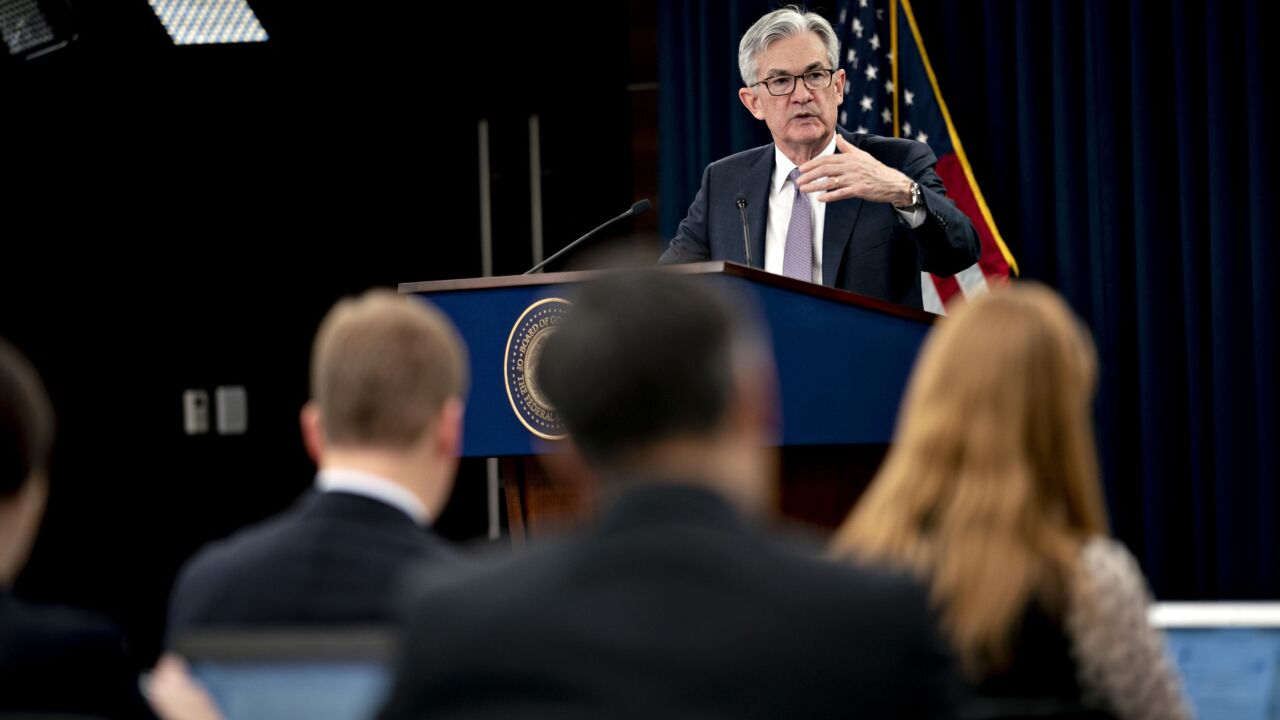In a journal published by the Federal Reserve Bank of St. Louis, antitrust lawyers argue for preserving competition between regional automated teller machine networks.
Processing Content
But their arguments may become moot as the number of electronic networks declines through mergers.
Washington-based lawyer Donald I. Baker said antitrust enforcement hasbeen "random - and not particularly constructive" at a time when ATM networks are growing into dominant regional forces.
Mr. Baker, who in the 1970s headed the Justice Department's antitrust division, was one of several lawyers, bankers, and economists who participated in a symposium last year that was fodder for the November- December issue of the St. Louis Fed's Review.
The consolidation trend continued this month as Honor and Most, two of the nation's largest, agreed to merge. BankMate, the Missouri-based regional network owned by MasterCard International, last week absorbed the Kansas Electronic Transfer System.
Though such deals have generally sailed through the approval processes of the Federal Reserve Board and Department of Justice, R. Alton Gilbert, vice president and banking adviser for the St. Louis Fed, said the government will "continue to wrestle with these (competitive) issues."
Common wisdom in the industry says consolidation brings economies of scale and more convenience for consumers. The fear is that reducing the number of competitors will lead to higher prices.
"The board's view is that larger networks are better and more efficient," said David Balto, an antitrust expert participating in the St. Louis Fed symposium. "The loss of competition between rival networks receives little or no attention."
But Philadelphia Fed's James McAndrews, who contributed to the Review, said such competition may not be practical.
Mr. Balto "would like to see active networks competing head to head," said Mr. McAndrews, senior economist and research adviser at the Philadelphia bank. But "because of the large economies of scale and demand- side economics associated with networks, that may not be a realistic viewpoint."
The Fed found "sufficient public benefits" in mergers like that of NYCE and Yankee 24 into what is now NYCE Corp. "to offset any loss of competition" Mr. McAndrews observed.
Richard Lyons, chief operating officer of Internet Inc., the Reston, Va.-based organization that owns the Most network, said there will always be options on price and quality of service.
"But you'll see a lot more consolidation within the payments industry," he said. "There are some economies of scale and efficiencies yet to be wrung out of the system."





